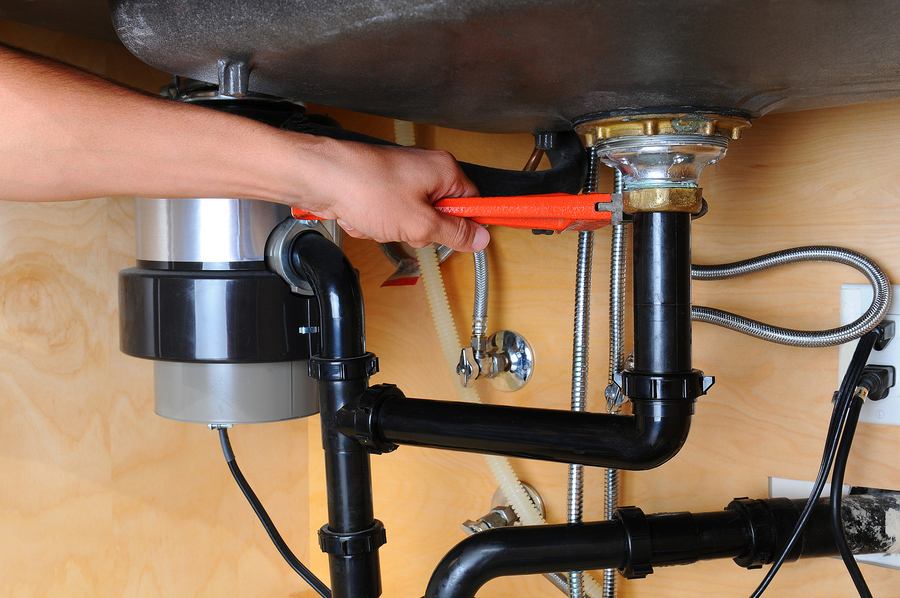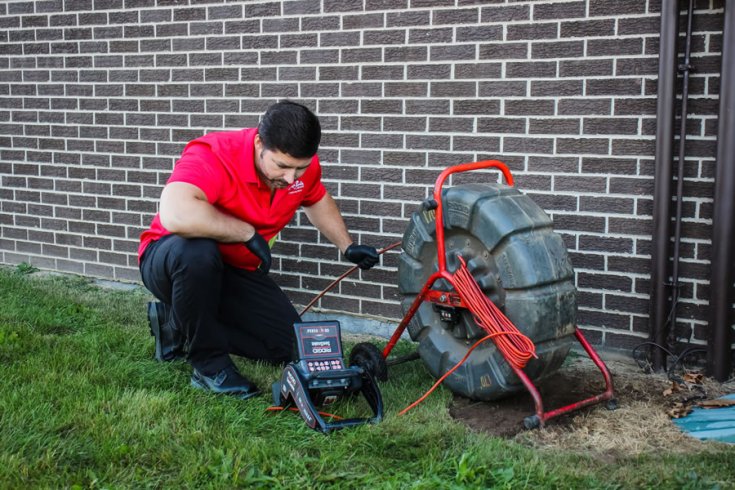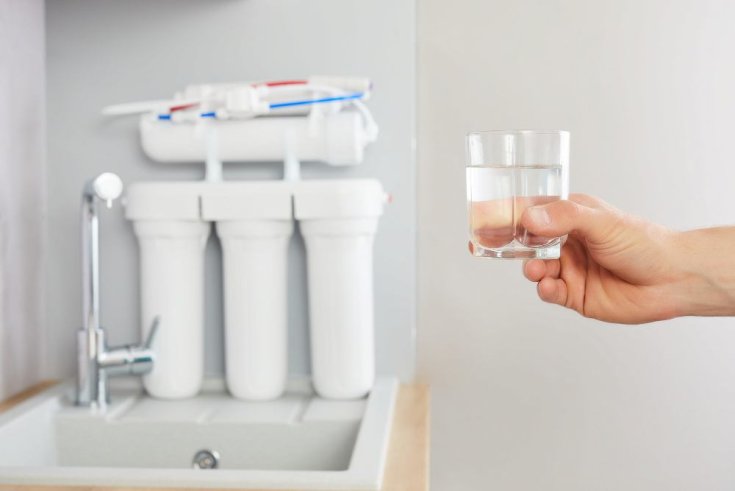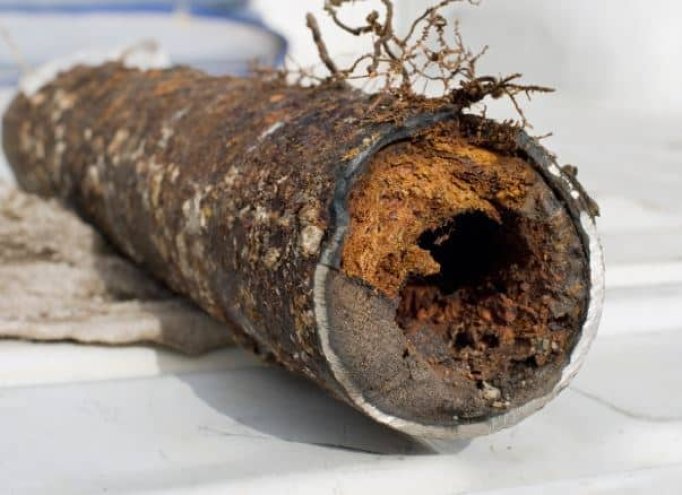Call This Thursday to get $50 Off
Call us Now to Get $50 OFF.
Ratings based on 1562 reviews
Local Plumbers, Local Reviews
Call This Thursday to get $50 Off
Call us Now to Get $50 OFF.
Ratings based on 1562 reviews
Local Plumbers, Local Reviews

Many homeowners see garbage disposals as a miracle device that eliminates the hassle of clogged drains. It’s easy to understand why: by shredding food waste into tiny particles, a garbage disposal reduces the likelihood of food-related blockages in your drains. However, this doesn’t mean your kitchen drain will never need attention, and it certainly doesn’t mean that the garbage disposal is maintenance-free.
Like any other appliance, your garbage disposal requires regular care to perform at its best and avoid breakdowns. In this brief article brought to you by Mr. Rooter Plumbing, we discuss not only the garbage disposal’s role in preventing clogs but also share garbage disposal maintenance tips to ensure longevity and efficiency.
If you’d rather have a trained plumber investigate issues with your garbage disposal, then call or message Mr. Rooter Plumbing to schedule a convenient appointment or request emergency assistance today.
It’s tempting to think of a garbage disposal as a permanent fix for drain clogs, but the truth is they don’t eliminate the need for drain cleaning or maintenance.
Garbage disposals are designed to break down soft food waste into small particles that can safely pass through your plumbing system. However, certain types of waste such as grease, fibrous vegetables like celery, and coffee grounds can still cause problems when washed down the drain.
Your garbage disposal is great help but it needs a hand every now and then as well. Regular maintenance helps prevent issues like foul odors, jams, and system failures. If neglected, a garbage disposal can become inefficient or break down entirely. A malfunctioning disposal can lead to costly drain problems, so a little upkeep goes a long way.
While plumbers are best able to service a garbage disposal, you don’t need to schedule plumbing service. Here are some practical tips to keep your garbage disposal in great shape:
A broken garbage disposal can be worse than no garbage disposal. If your garbage disposal is making unusual noises or shaking violently, then contact Mr. Rooter Plumbing for emergency plumbing repair service today. Our team is on standby to take your call or message now.

If you rely on a septic system for wastewater treatment on your property, you know that the system comes…
Read More
If you’re considering installing a water filtration system in your house, it’s important to understand how the cost is…
Read More
Sink trouble got you down? A trusty garbage disposal is the answer, quickly chomping through food scraps and leaving your kitchen sparkling clean.…
Read More
Some of the top threats to your sewer line include tree roots, hard water, acidic soil conditions, shifting soil, and more. As a…
Read More